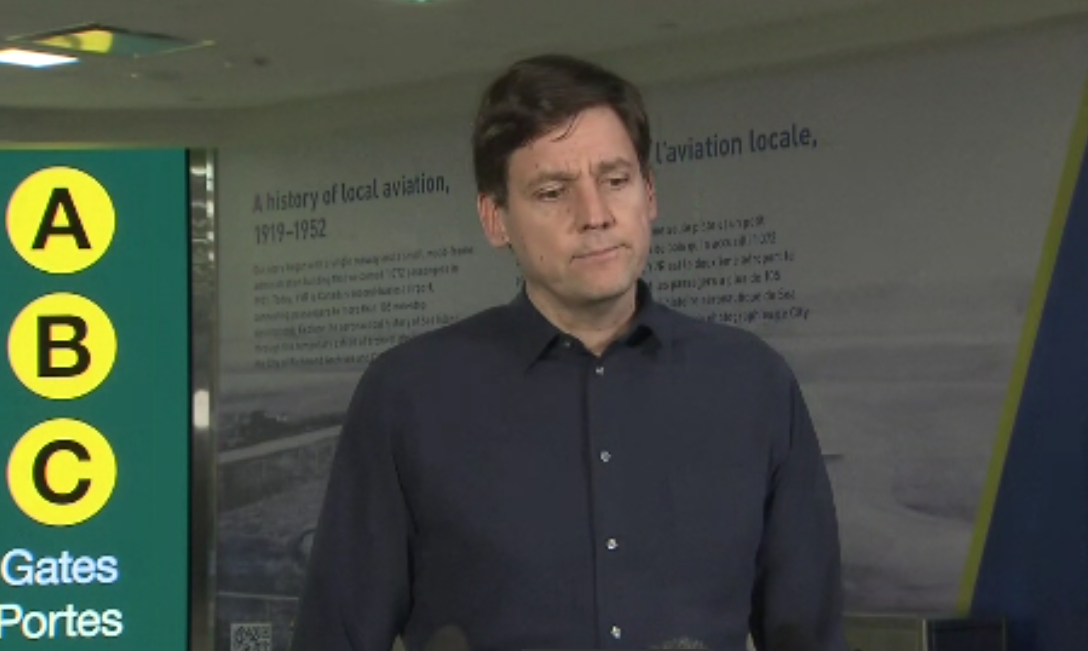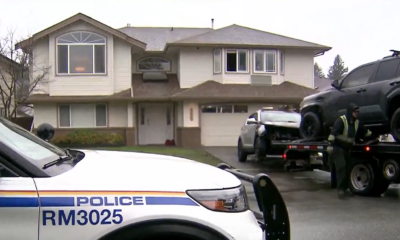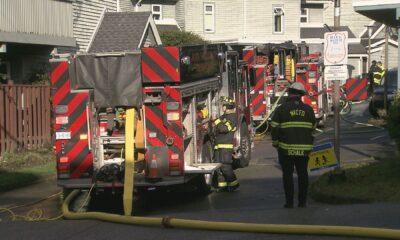Local News
B.C. premier addresses metal tariffs en route to D.C.

B.C. Premier David Eby says he’s calling on the federal government to respond after U.S. President Donald Trump imposed 25 per cent tariffs on all steel and aluminum imports.
Speaking at a media event in the Vancouver International Airport Monday evening, Eby says he and other premiers and leaders are on their way to Washington, D.C., to meet with American lawmakers and organized labour leaders about the future of U.S.-Canada trade.
“This trip is about sending the message that it’s not just Canadian families we’re standing up for here, it’s American families as well. These tariffs, even just the tariffs announced today, are going to increase the cost of so many things for Americans, everything from cars to airplanes. And it doesn’t have to be this way,” said Eby.
Eby says he’s confident that the federal government will respond “proportionately” and ensure the message that Canadians won’t roll over on trade issues.
The premier recently met with Rio Tinto, operators of the BC Works aluminum smelter in the province’s north, and the company has a “good level of confidence” fresh markets will be found in a “fairly quick way” for aluminum produced at the Kitimat facility.
Eby says B.C. has the advantage of access to the Pacific Ocean.
“It is a big headache for B.C. mining companies, for smelting companies like Teck [Resources Limited], like Rio Tinto, but I have confidence in the products we produce and our amazing ports here. People need what we produce here in B.C., and Rio Tinto, and Teck, and others are forced into looking for other partners, potentially, or just selling their aluminum at a higher price to Americans. None of it makes sense to me, and I’ll be trying to take that message to the American in Washington, D.C.”
He says he’s sure that the province will “come out the other side of this stronger,” after tariffs have taken effect, by diversifying its trade portfolio. But his visit to the U.S., he hopes, will help Americans realize the importance of their tight connection to Canada’s economy.
“It’s just mutually assured damage. It’s a war where the shrapnel goes in all directions, and so whatever we can do to help them understand how tied we are together is time well spent.”
—With files from The Canadian Press












